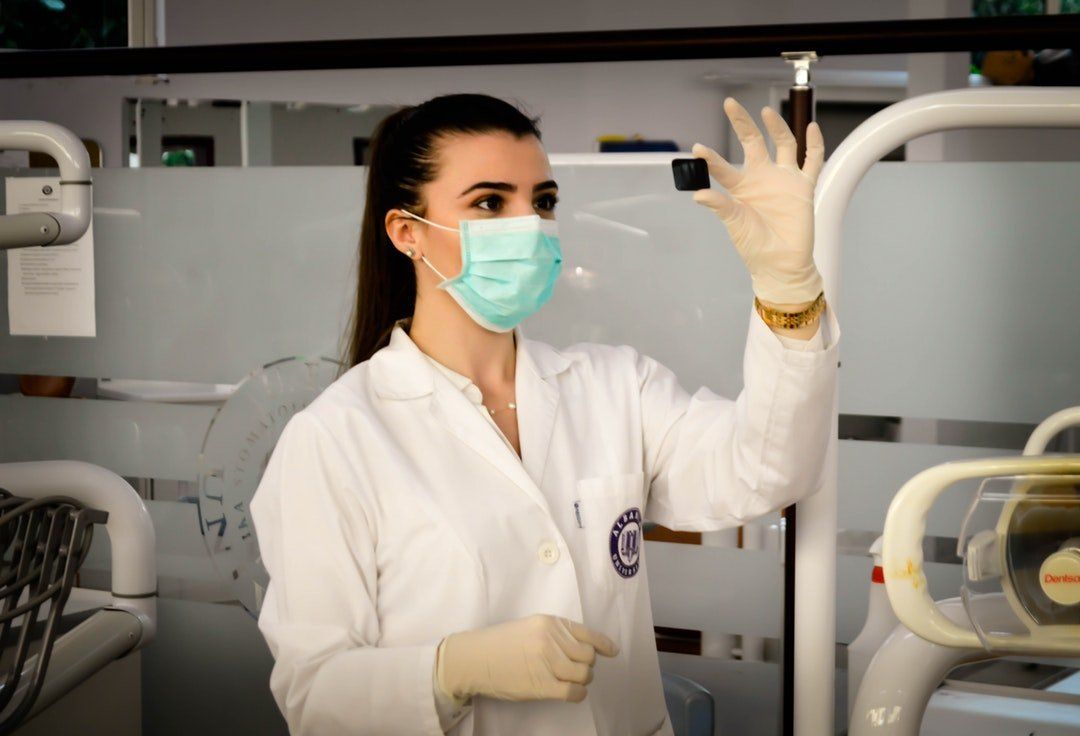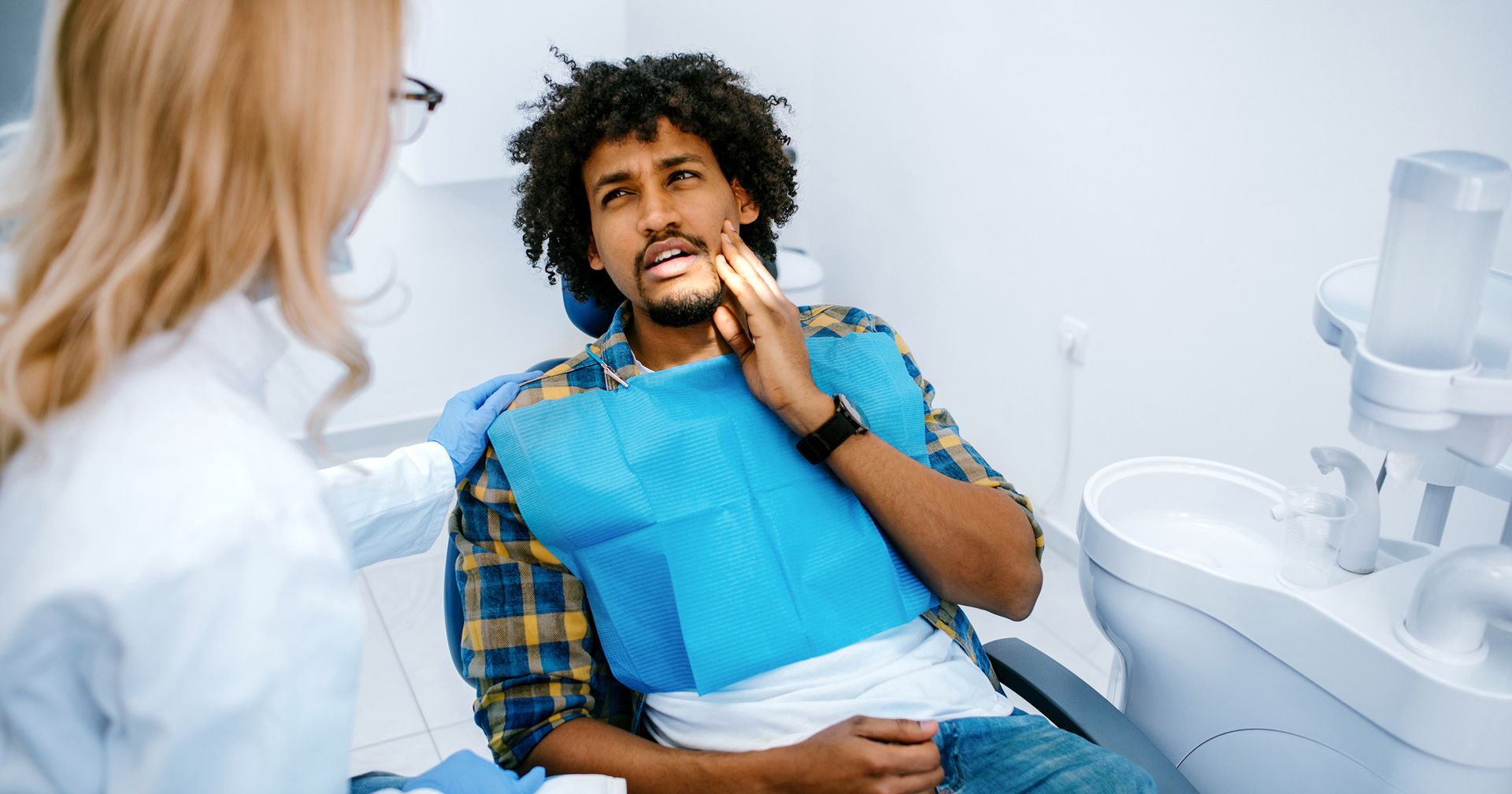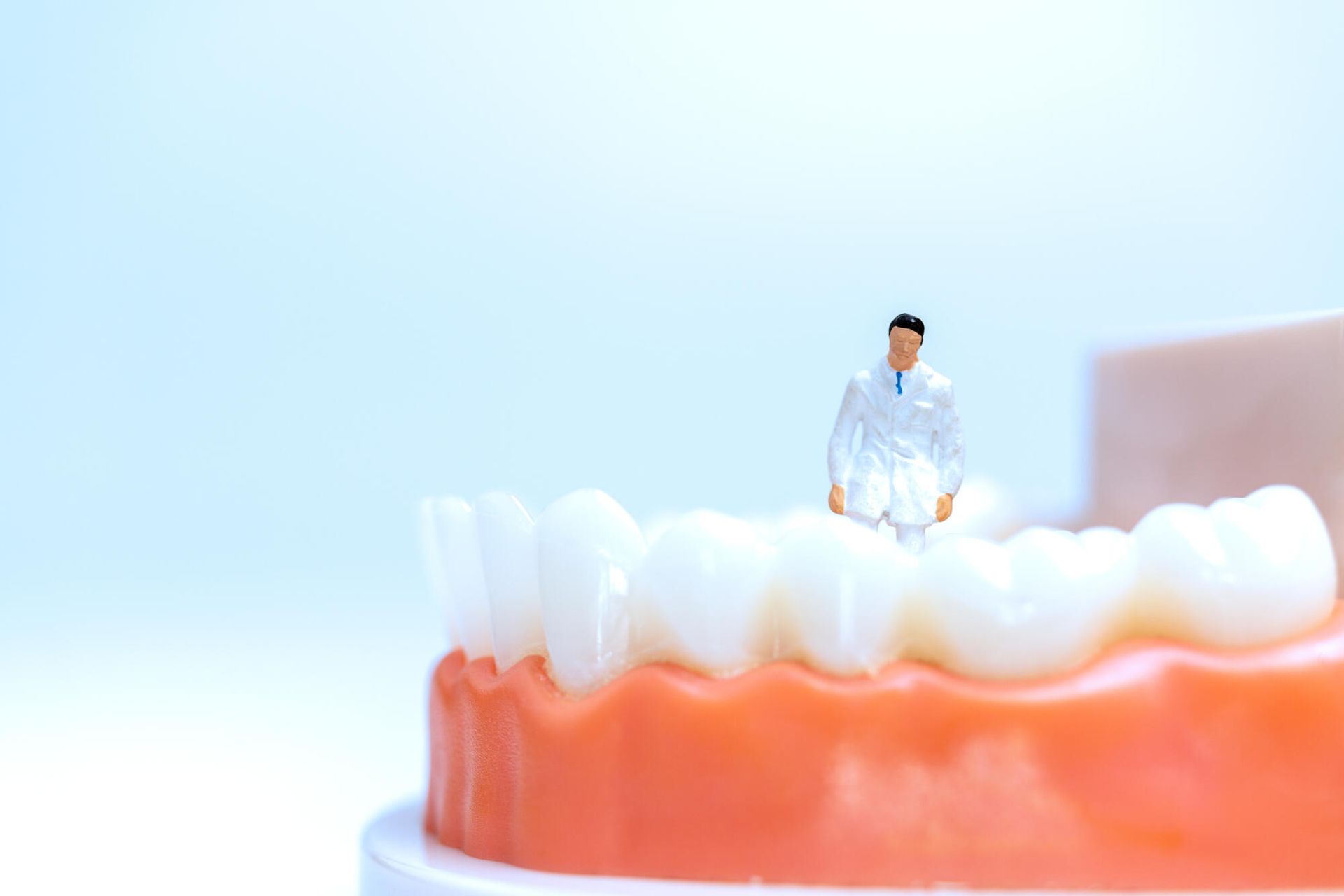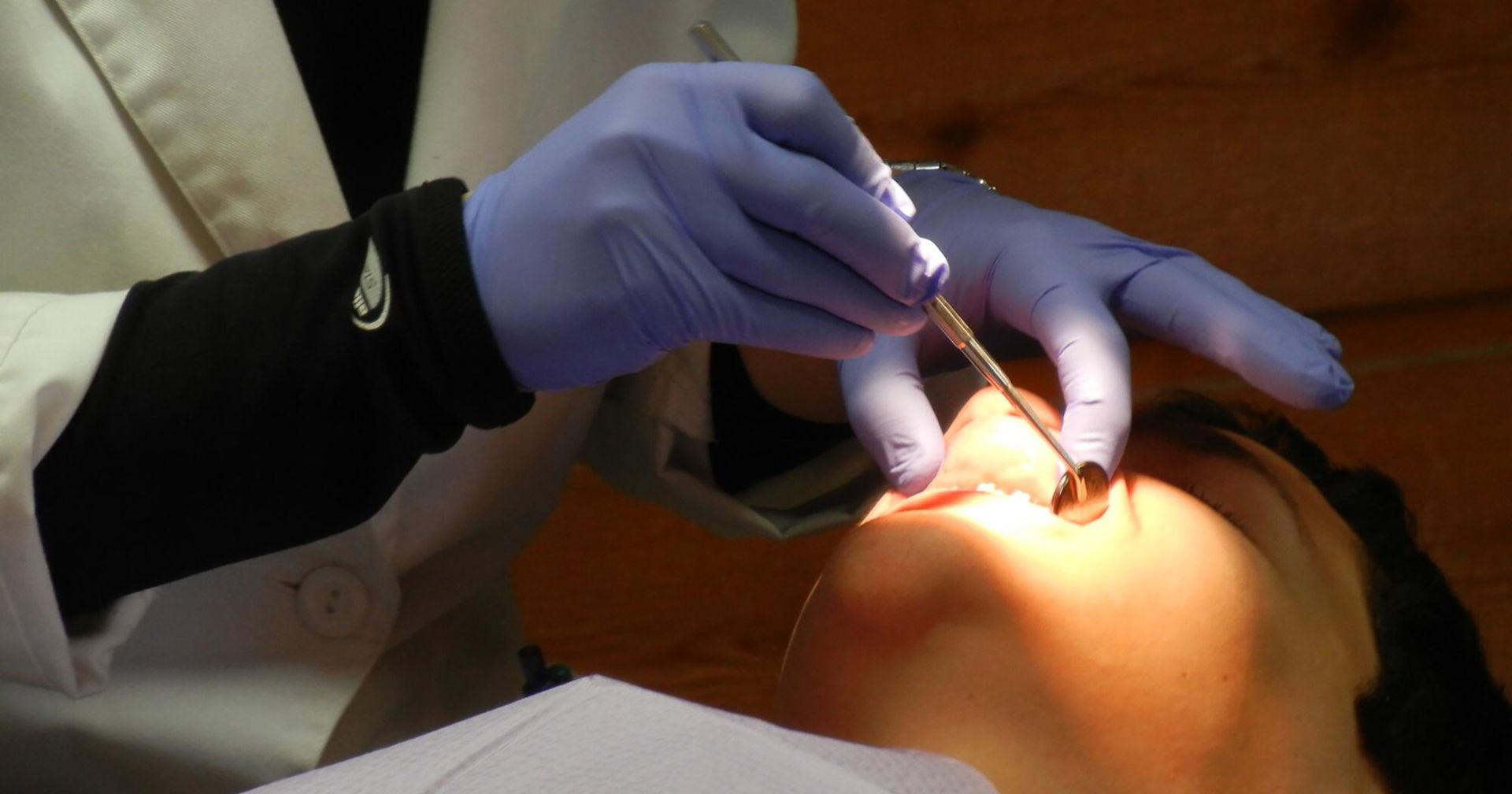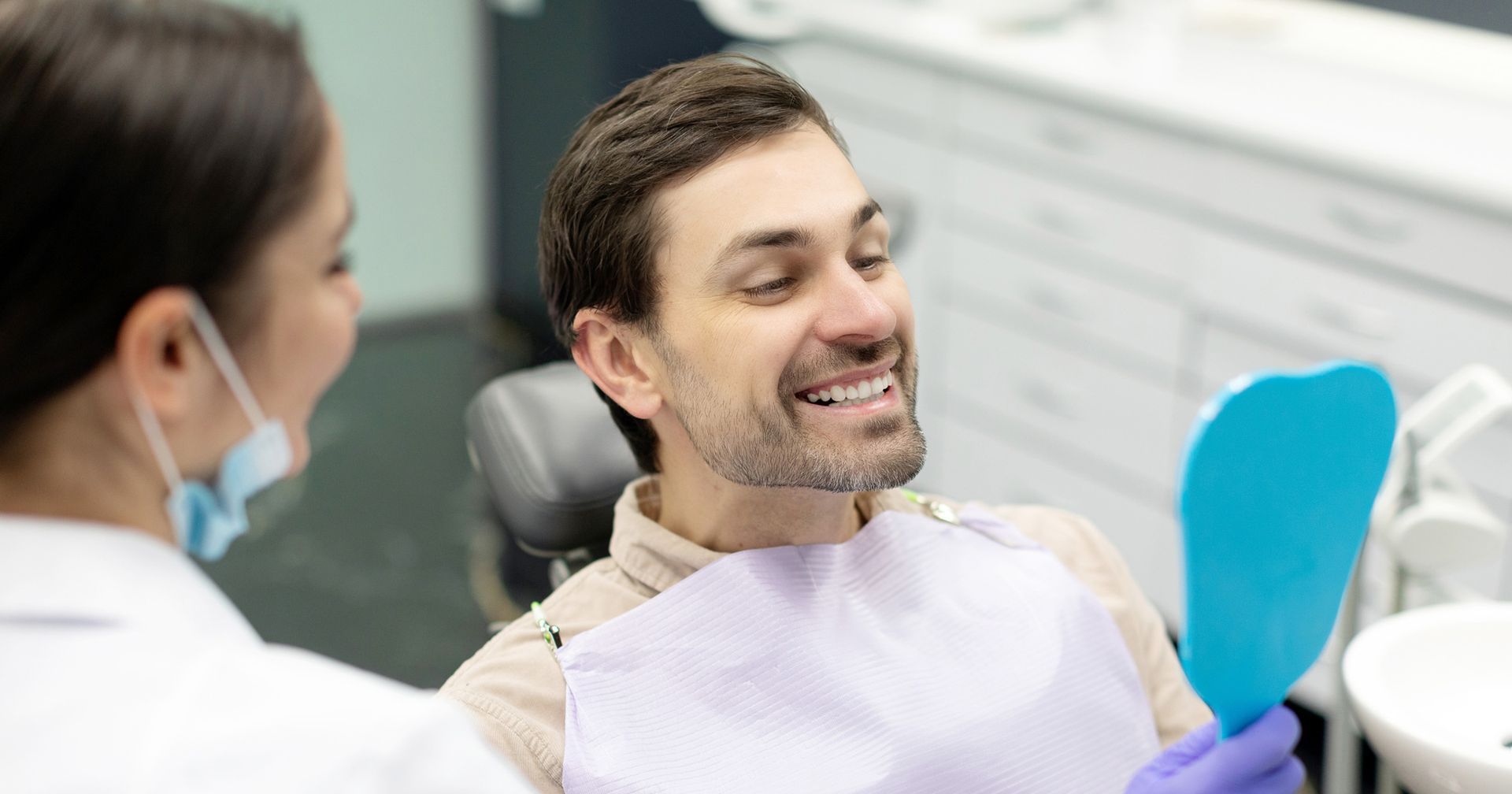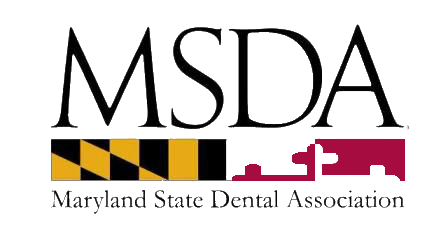If your teeth are in a lot of pain or you're experiencing dental problems, you might be facing one of the most common dental emergencies. Make sure you check out these signs that you should seek emergency dental care immediately.
Did you know about 31.6 percent of adults let their dental caries go untreated?
While dental caries don't always equate to dental emergencies, leaving them untreated might lead to an urgent emergency dental care visit.
Do you recognize when you have a dental emergency? You'd be surprised how many issues with your teeth, like a chipped tooth or cracked tooth, require immediate emergency treatment.
Read on to get to the root of the problems.
1. Severe Toothache
If you're experiencing tooth pain, particularly those toothaches considered dental emergencies, that won't alleviate with over-the-counter pain medications, it's a sign of serious dental problems.
A dentist will be able to evaluate your teeth and identify the cause of the pain. Of course, the treatment will depend on the diagnosis.
2. Loose Tooth or Missing Teeth
Having a loose adult tooth or missing teeth is not a good sign. By adulthood, your teeth should be sturdy.
If you feel one or more loose teeth, it's a sign something is not right with your teeth. If you didn't suffer from an injury, tooth decay is one of the first things you want to be concerned about if your tooth feels loose.
The cause of tooth decay could also be a local infection. Your dentist might have to perform an x-ray to see what might be at the root of your tooth. You could also suffer from gum disease or a cavity.
Injuring your mouth is one of the most common things that can lead to a tooth injury. Tooth injuries are painful and might require immediate medical attention. Injuries, such as chipped and broken teeth, can happen for a variety of reasons such as sports, accidents, and more.
After an accident, even if you feel safe and sound, you should have your dentist look at your teeth for extra damage. Your dentist has to look out to make sure you don't have nerve or jaw damage.
3. Bleeding Gum and Discomfort
Almost everyone experiences a little bit of bleeding from the gums after you brush and floss. Having minor bleeding of the gums after your floss could indicate the early signs of gum disease or gingivitis.
While experiencing a little bit of gum bleeding doesn't constitute a dental emergency , you do need to be on the lookout.
If you experience severe bleeding and swelling from your gums, it might be time to see a dentist.
A dentist will examine your gums and identify the source of the bleeding and swelling. If you're suffering from gum disease, your dentist will be able to tell you how far along in you are.
If left untreated, gum disease can have irreversible consequences to your teeth and gums.
4. Dental Abscess
When you experience a dental abscess, you need to immediately seek medical attention.
Most dental abscesses happen at the root of your teeth. Most abscesses are a consequence of gum disease or an untreated cavity. Although they can also happen after any sort of tooth trauma such as a chipped or broken tooth.
If you experience fever, pus, swollen glands, and a foul taste in your mouth, you're dealing with a tooth abscess and facing a dental emergency.
5. Swollen Jaw
If you have a swollen jaw and it's painful for you to open your mouth or chew, this is a sign of an infection. This bacterial infection is also accompanied by a bad taste in your mouth.
The most common type of infection associated with a swollen jaw is a salivary gland infection. When your salivary glands become infected, saliva cannot do its job. Your saliva is responsible for breaking down food and flushing bacteria away.
Although this dental infection is quite severe, it's not very common.
6. Tooth Numbness
While tooth pain is a sign something is wrong, experiencing numbness is not a good sign either.
If you were experiencing tooth pain that all of a sudden started to experience numbness, you might have an infection.
Tooth numbness often means the infection has spread and has gone down to the root of your teeth and you might need a root canal.
7. Canker Sores
Canker sores , although uncomfortable, are quite common. Any person might experience canker sores many times in their lifetime.
For the most part, people don't have to worry too much about canker sores unless they become infected. If you've had a canker sore for over two weeks, you might need a dentist to treat the infection.
8. Headaches
Having a headache is a sign of multiple things such as a cold, stress, an more. Most people don't link headaches to mouth issues, but they're closely related.
Your jaw and head are connected, so any issues with your jaw will have an effect on your head. If you're experiencing chronic headaches and you can't find the remedy, bruxism or teeth grinding might be to blame.
Bruxism is a condition that happens when you grind your teeth. If you have caught yourself grinding your teeth, it's time to see a dentist.
Your dentist can evaluate your teeth for signs of bruxism. If this is the case, they could fit you for a night guard.
9. Metal Taste in Your Mouth
No one wants their mouth to taste like metal. If your mouth tastes like metal when you swallow, it's time to call the dentist.
When your mouth tastes like metal, it can indicate broken or missing teeth fillings. Unless your dentist replaces the broken filling, you could be vulnerable to cavities or other infections.
In order to treat you, they will have to clear away the bacteria and the infection before replacing the filling.
If left untreated, like a lost filling, it can lead to other dental emergencies.
Identifying a Dental Emergency: The Bottom Line
Knowing how to spot a dental emergency is vital for your oral and overall health. If you face any of the problems mentioned, such as an abscess, dental pain, or bleeding gums, it's crucial to seek emergency treatment.
Are you looking for a dental professional in the Columbia Maryland area?
Let us help you.
Contact us for an appointment.


